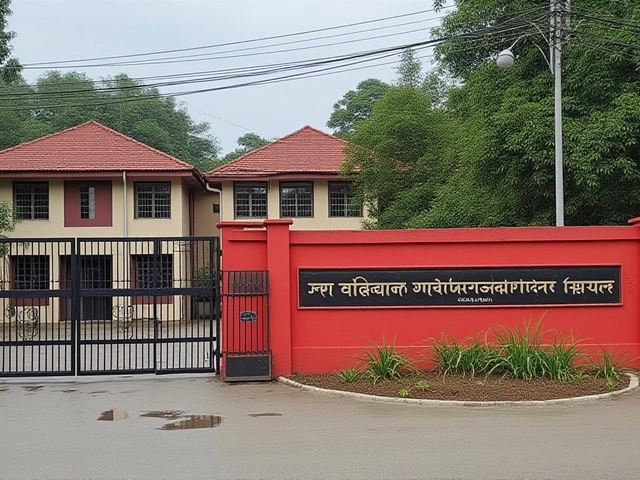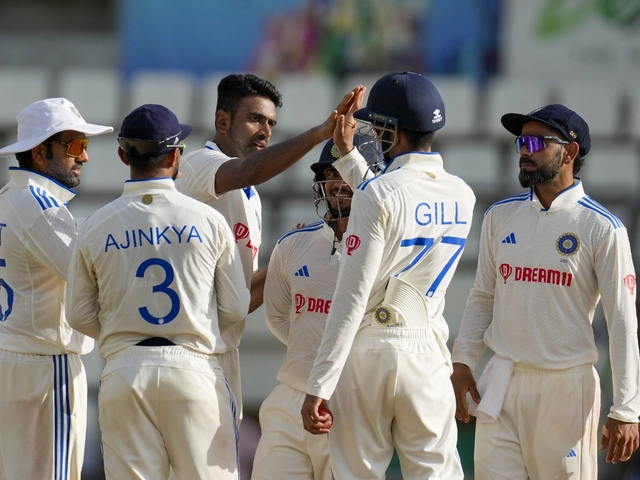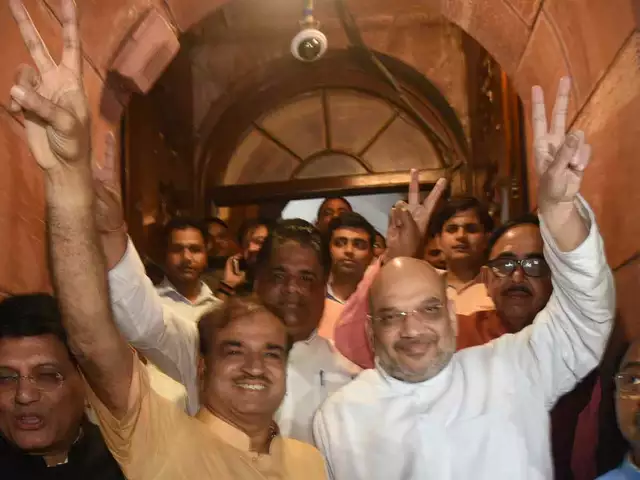Reliable news you can trust
Everyone wants news that’s clear, verified, and useful. This tag collects stories and guides that focus on accuracy, media behaviour, and how to judge a report before you share it. If you care about facts more than drama, this is where to start.
What this tag covers
Here you’ll find pieces that call out sensationalism, explain media bias, and point to better sources. Examples include explainers like "What is the best source for reading Indian news online?" and critiques such as "What should all the Indian news channels stop doing?". You’ll also see practical questions like whether major audits can happen after big corporate takeovers — for example, "Can CAG audit Air India after the Tata Group takeover?".
These articles don’t just complain. They show how to spot slanted coverage, where reliable reporting tends to come from, and why some headlines get a lot of attention even when the facts don’t back them up.
Quick ways to spot reliable reporting
Check the source. Trusted outlets name reporters, editors, and clear sources for claims. If a piece hides who provided the information, be cautious. Look for linked documents, quotes from officials, and data. Those make stories verifiable.
Watch the language. Reliable reports use precise words: they say "alleges" or "according to" when appropriate, not "proves" or "exposes" unless evidence is shown. Avoid pieces that use constant superlatives, dramatic music cues, or urgent "breaking" labels without new facts.
Cross-check. When a big claim appears, see if other respected outlets report the same facts. If only one place is pushing a wild angle, wait for confirmation before accepting it as true.
Understand context. Some headlines simplify complex issues. Read past the headline to learn background, opposing views, and what data really says. Good stories give context quickly and clearly.
Use simple tools. Fact-check pages, official government statements, and public documents can verify claims fast. For opinion pieces, check the author’s track record. For numbers, look for original sources like reports or datasets.
If a story feels like gossip or masala news, treat it like entertainment until verified. Several posts under this tag explain why Indian channels often slip into sensationalism and how that undermines trust.
This tag is for readers who want news that helps them make decisions, not just shocks them. Bookmark it when you want calm, clear coverage or when you need tips to decide if a story is trustworthy. Read the explained pieces, check the practical tips, and form your view based on evidence, not noise.

An honest news anchor in India is someone who consistently follows the facts and leaves their personal opinions out of their reporting. They ensure that the public is receiving accurate news and that their sources are reliable. They are also transparent about any potential conflicts of interest they may have. The most well-known honest news anchors in India are Ravish Kumar, Arnab Goswami, Prannoy Roy, and Barkha Dutt.




